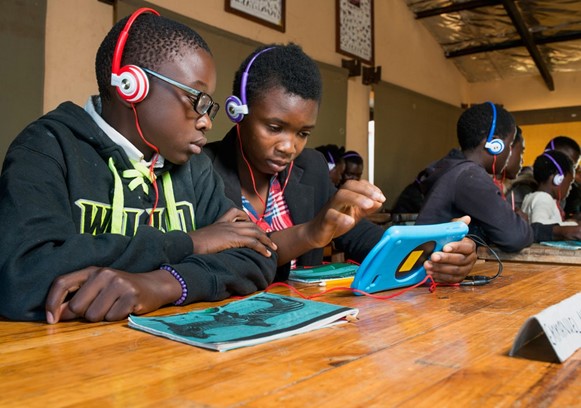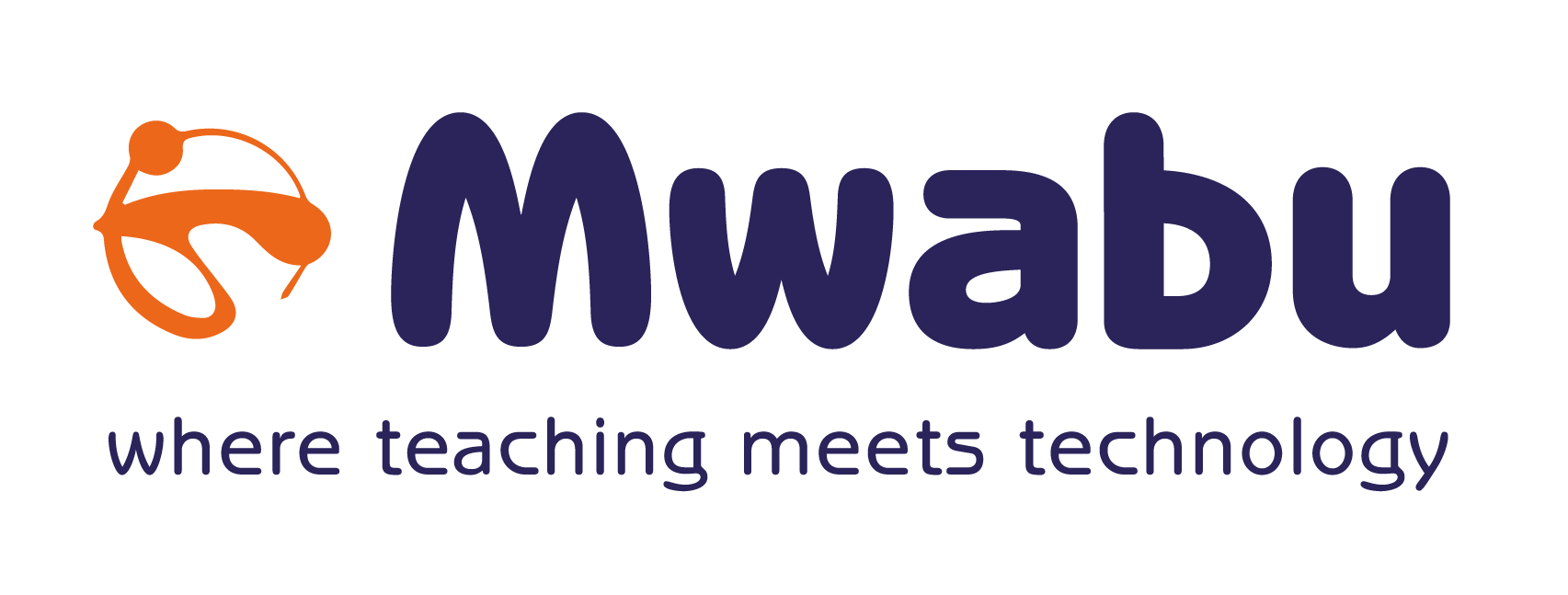
A new digital course to raise awareness of HIV/AIDS amongst young adults has been created by Mwabu and Conservation Lower Zambezi (CLZ). The module, funded by Sidecole and CSEF II, launched in February 2019 and is already in use during outreach activities and is receiving excellent feedback!
The new e-learning module helps learners to identify the risk behaviours for HIV/AIDS, understand the consequences and empower them to make informed and healthy decisions. Mwabu’s expertise in developing bespoke content has been utilised together with CLZ’s educational materials to deliver an engaging learning experience. The course is accessed via tablet and includes artwork, voicing and animation, with interactive navigation and questions to actively involve learners and reinforce their knowledge at every stage.
“Students that have been exposed to the new module have really engaged with learning about the risk behaviours associated with HIV/AIDS. Being able to differentiate between low and high risk is proving to be effective in changing attitudes and behaviours.” Besa Kaoma, Environmental Education Programme Manager, CLZ.
CLZ have previously worked with Mwabu to create digital content for their Environmental Education Programme, providing information on wildlife protection and sustainability. CLZ’s education programme annually reaches over 3,500 school children from 65 schools.
CLZ is a non-profit organisation committed to the protection of wildlife and to the sustainable use of natural resources in the Lower Zambezi in Zambia. Find out more about their amazing work at https://www.conservationlowerzambezi.org
Photo credit: Francois D’Elbee





